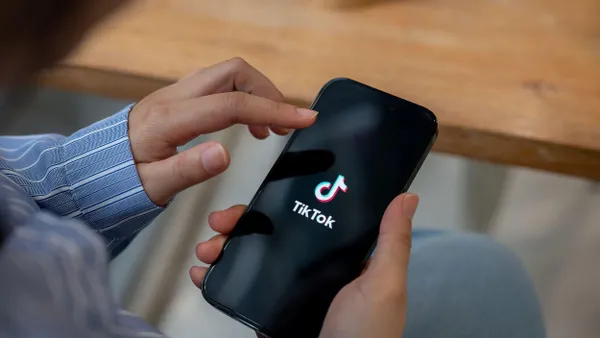Brief:
- Ford, the carmaker that cut production this month to cope with slumping auto sales, has partnered with ride-hailing app Lyft to develop self-driving vehicles, The Wall Street Journal reported. The companies also plan to create software that lets Ford vehicles communicate with Lyft's mobile app.
- Lyft, which is forming its own autonomous-car development group, has partnered with several companies that are also developing self-driving tech, including Alphabet's Waymo, Jaguar Land Rover and startups Drive.ai and NuTonomy, per the Journal.
- In August, Ford said it would likely roll out fully autonomous cars in 2021 aimed specifically for ride-hailing and -sharing services, according to The Verge.
Insight:
Self-driving car technology is one of the major innovations expected to dramatically change human transportation in a way that reduces greenhouse gases and traffic while improving safety. The partnership between Lyft and Ford comes amid a tangled web of alliances among carmakers, ride-hailing startups and tech companies vying to be the first to introduce the technology at scale.
This is the latest move by Lyft to position itself ahead of chief rival Uber, which now has just two confirmed partnerships with car brands or tech companies focused on self-driving vehicles, according to Recode. Uber's long held a much larger control of the ride-hailing market both in the U.S. and abroad, but Lyft being able to better capitalize on consumer interest in self-driving vehicles as they hit the mainstream could provide a considerable boost to its business. Uber began testing self-driving cars last year in Pittsburgh, Tempe, AZ, and parts of California.
Lyft is said to considering accepting a $1 billion investment from Alphabet, whose Google unit invested in Uber, per the Journal. Lyft also has a partnership with General Motors, which invested about $500 million in the startup. GM plans to deploy thousands of self-driving electric taxis by next year, Reuters reported in February.
Meanwhile, Ford plans to invest $1 billion over the next five years in Argo AI after buying a majority stake in the artificial intelligence company in February. The company has struggled to develop an autonomous vehicle strategy, a deficiency that contributed to replacing its last CEO with Jim Hackett, who helped spearhead self-driving initiatives at the brand, Automotive News reported in May. The company's talks with Google to develop self-driving technology fell through in January.












